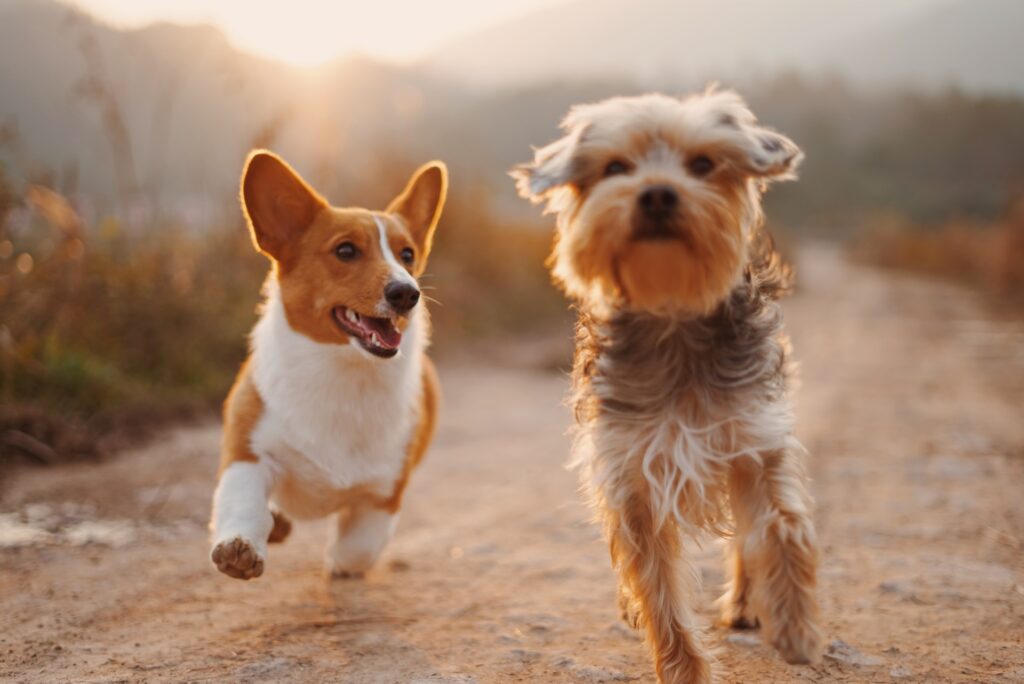Hydration for Pet Care
Quenching Their Thirst: Tips to Keep Your Pets Hydrated
Quenching Their Thirst: Tips to Keep Your Pets Hydrated
Proper hydration is crucial for the overall health and well-being of our beloved pets. Just like humans, animals depend on an adequate intake of water to function properly and maintain good health. Dehydration can lead to a range of health issues, including urinary tract problems, organ failure, and even death.
As responsible pet owners, it is our duty to ensure that our pets have access to clean and fresh water at all times. Here are some essential tips to help you keep your pets hydrated:
1. Provide fresh water daily
The easiest and most obvious step is to provide your pets with fresh water every single day. Make sure to clean their water bowls regularly to prevent the buildup of bacteria and other contaminants. Refill the bowl with clean water at least twice a day, more often if needed, particularly in hot weather.
2. Consider the quality of water
Just like humans, pets are also sensitive to the quality of water they drink. If your tap water has a strong chlorine odor or taste, consider using filtered or bottled water for your furry friends. This will ensure that they get clean and safe water to drink.
3. Multiple water sources
Provide multiple bowls of water throughout your home, especially if you have a large house or multiple pets. This way, your pets will always have easy access to water, no matter where they are in the house. It also reduces the chances of water scarcity if one bowl accidentally gets knocked over or dirtied.
4. Use pet fountains
Some pets prefer running water over stagnant water in a bowl. Consider investing in a pet fountain that circulates and filters the water, providing a fresh and enticing water source for your pets. These fountains encourage pets to drink more water and can be particularly beneficial for cats who tend to have low water intake.
5. Wet food and treats
Feeding your pets wet food or treats can significantly contribute to their overall hydration. These foods often have a high moisture content, which can help keep your furry friends hydrated. However, it is important to ensure a balanced diet and consult with your veterinarian about the best food options for your pets.
6. Ice cubes and frozen treats
In hot weather, consider adding a couple of ice cubes to your pets’ water bowl or provide them with frozen treats. Many pets enjoy licking and chewing on ice, which can help cool them down and provide additional hydration. However, make sure not to overdo it, as sudden exposure to extremely cold items can cause discomfort or even harm.
7. Monitor water intake
Keep an eye on your pets’ water intake to ensure they are drinking enough. Increased water consumption may be a sign of an underlying health issue, such as diabetes or kidney problems. On the other hand, a sudden decrease in water intake could indicate dehydration or other health concerns. If you notice any significant changes in your pet’s water consumption, it is important to consult with a veterinarian.
FAQs
Q: How much water should my pet drink each day?
A: The recommended daily water intake for pets varies depending on their size, activity level, and overall health. As a general guideline, cats typically require 3.5 to 4.5 ounces of water per 5 pounds of body weight, while dogs need approximately 1 ounce of water per pound. However, it is always best to consult with your veterinarian for specific guidelines tailored to your pet’s needs.
Q: My pet doesn’t seem to drink much water. What should I do?
A: If you notice that your pet is not drinking enough water, try some of the tips mentioned above to encourage them to drink more. You can also try adding a small amount of water to their regular food to increase their overall moisture intake. However, if the issue persists or is accompanied by other concerning symptoms, it is essential to seek veterinary advice.
Q: Can I use flavored water or add supplements to my pet’s water?
A: It is generally not recommended to use flavored water or add supplements to your pet’s water without consulting with a veterinarian first. Some additives can be harmful to pets, and flavored water may contain artificial sweeteners that can be toxic to them. Always consult with a professional before making any changes to your pet’s water or diet.
Q: Are there any signs of dehydration in pets that I should watch out for?
A: Yes, some signs of dehydration in pets include dry gums, sunken eyes, loss of skin elasticity, lethargy, lack of appetite, and dark-colored urine. If you suspect that your pet is dehydrated, offer them fresh water and monitor their condition closely. If the symptoms persist or worsen, seek veterinary assistance immediately.
Remember, a hydrated pet is a healthy pet. By implementing these simple yet effective tips, you can ensure that your furry friends stay properly hydrated and enjoy a happy and healthy life.

